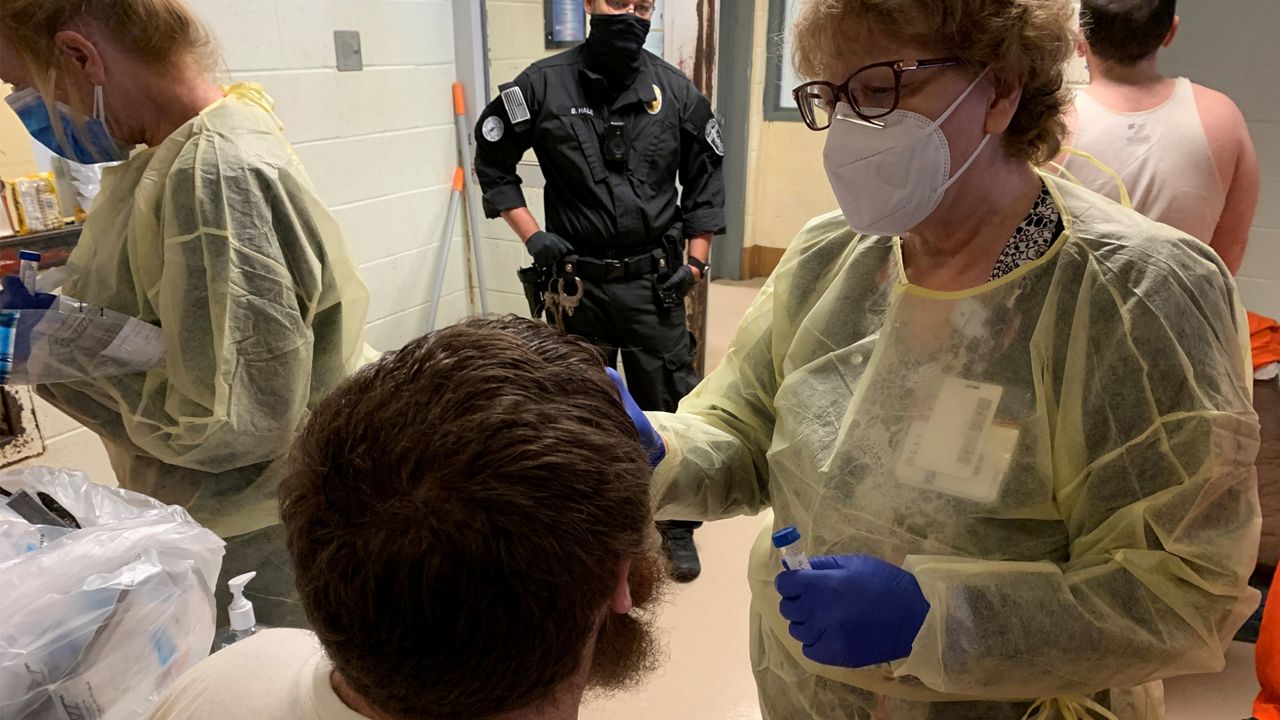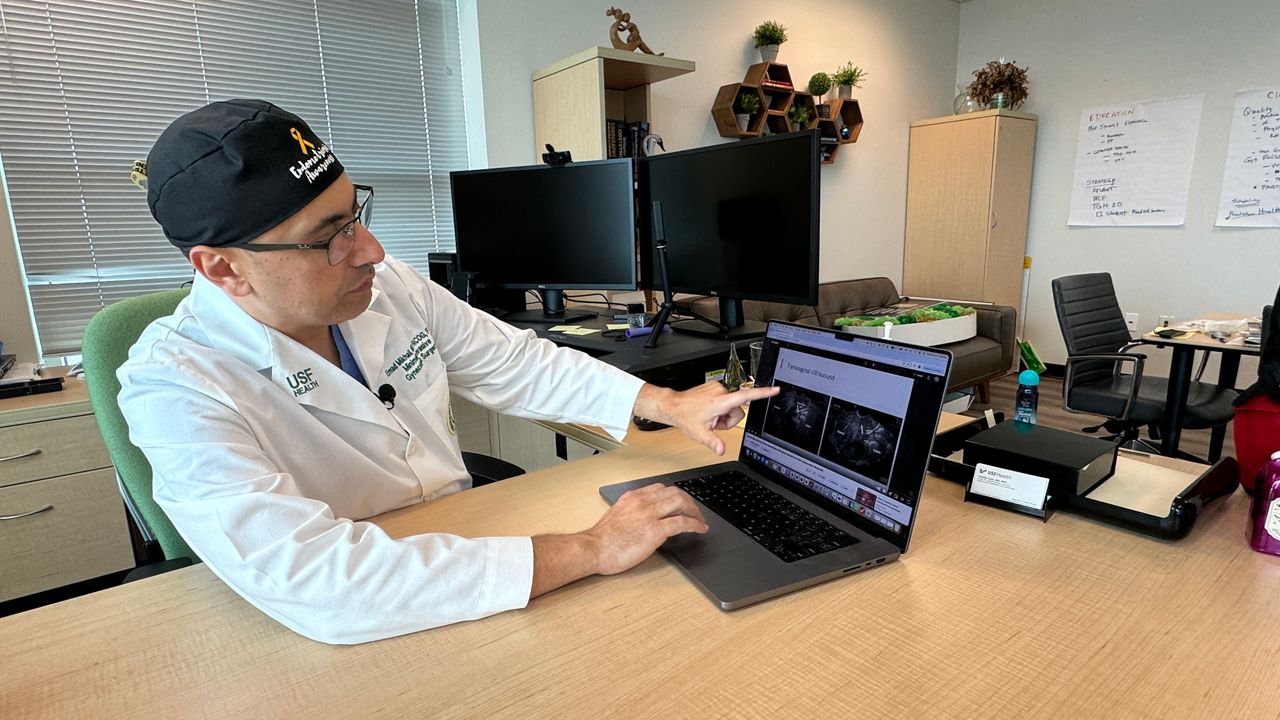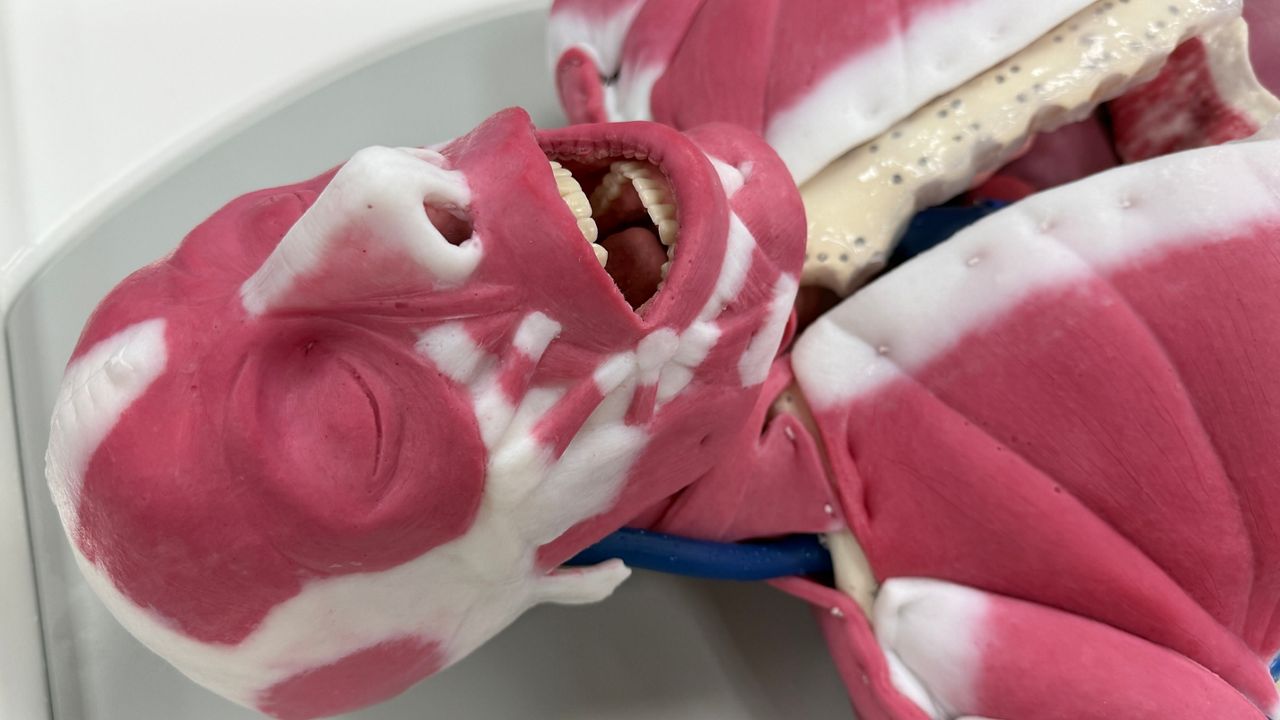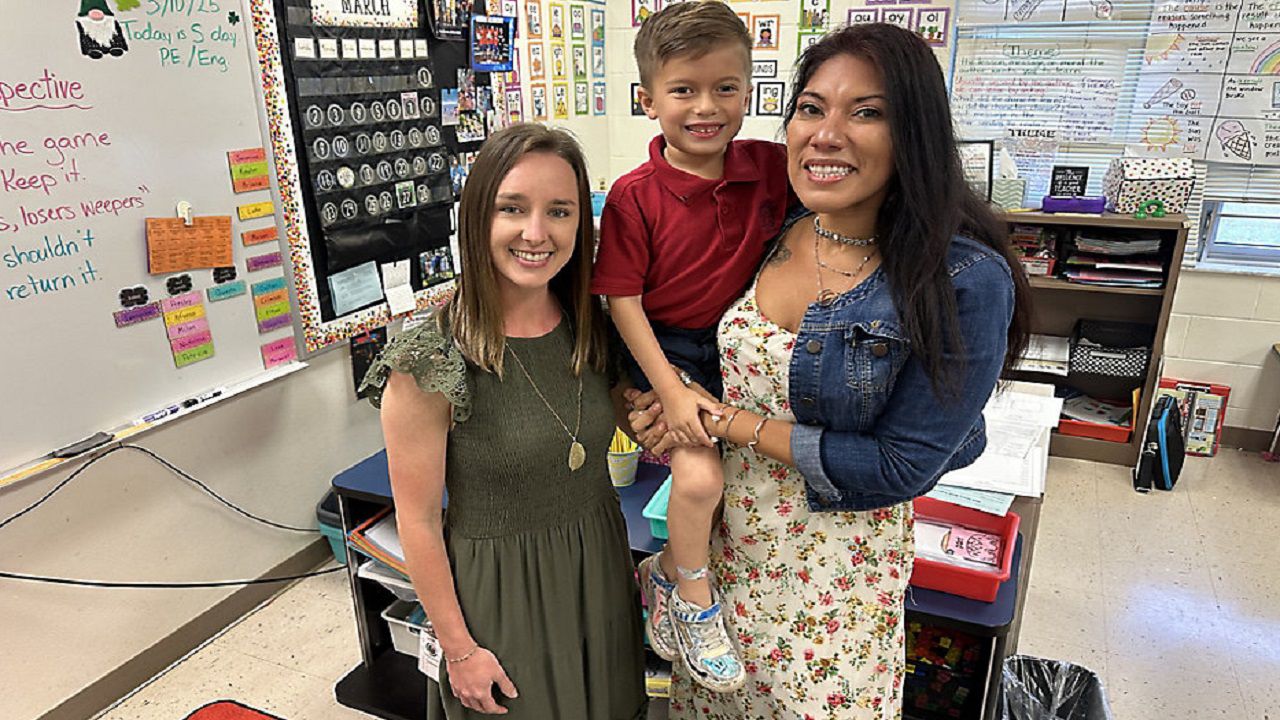Florida has accounted for one in five new coronavirus cases in the U.S. over the past week, White House officials said Friday.
What You Need To Know
- CDC data shows new cases rising almost daily in Florida
- The White House COVID team says it's working to combat misinformation
- 48% of Americans are fully vaccinated
- READ: Most recent COVID-19 State Profile report for Florida
- RELATED: CDC director: U.S. facing a 'pandemic of the unvaccinated'
CDC data shows new cases rising almost daily in Florida.
On Friday, Florida released its weekly COVID-19 report. From July 9 to July 15, Florida reported 45,604 new cases of COVID. It's an 11.5% positivity rate, a 92.4% increase from the previous week.
The state also reported 59 new deaths.
Jeff Zients, White House COVID-19 response coordinator, said four states accounted for 40% of the new cases.
“As the more transmissible Delta variant continues to spread across the country,” Zients said. “We will likely continue to experience an increase in COVID cases in the weeks ahead, with these cases concentrated in communities with lower vaccination rates.”
The White House COVID team said it’s working to combat misinformation and increasing access to vaccines in all communities.
"Our biggest concern is that we are going to continue to see preventable cases, hospitalizations, and sadly, deaths among the unvaccinated,” Dr. Rochelle Walensky of the White House COVID team said.
A full transcript of the press briefing is available online.
Rachel Van Note says she’s been anxious to get her second dose of a COVID-19 vaccine at Barnett Park in Orlando.
“I’m really looking forward to seeing friends and family again, and getting out there, maybe seeing a movie,” she said.
At first she wanted to wait before getting the shot, but after seeing the case numbers climb in Orange County, she was motivated to finally get it done.
“Absolutely, and there’s a lot of people getting tested here right now, so more of a reason to get the second shot,” she said.
She was even more grateful she got her shot Friday after hearing what the White House said about Florida’s COVID-19 status.
An epidemiologist at the University of South Florida, Dr. Tom Unnasch, says it could be a serious problem if cases keep increasing at the rate they have been this month.
“Twelve days from now we could be looking at 28,000 cases a day, which would be just about as bad as things were in the peak,” he said.
University of Florida epidemiologist Dr. Cindy Prins said that the vaccination slowdown and a few other COVID-19-related issues in Florida are contributing to the surge.
“Anytime that you combine a lower vaccination coverage, or percentage of coverage, with people not wearing masks, with the level of opening up, and the level of travel and gatherings, that’s going to increase your cases unfortunately,” Prins said.
Both experts say the solution is simple.
“You really need to get vaccinated, and get vaccinated now,” Unnasch said.
On Thursday, Surgeon General Dr. Vivek Murthy issued an advisory warning about the dangers of health misinformation and recommending measures to blunt its impact.
"Surgeon general advisories are reserved for urgent public health threats," Murthy said at Thursday’s White House press briefing. "And while those threats have often been related to what we eat, drink and smoke, today we live in a world where misinformation poses an imminent and insidious threat to our nation's health."
Just 48% of Americans are fully vaccinated, and the number of vaccine doses administered has slowed to about 413,000 a day, down from 3.4 million in April.
The surgeon general is calling on practically everyone to do their part to disrupt the spread of misinformation: individuals, families, communities, tech companies, schools, health professionals, journalists and others.
In a sign that attitudes toward vaccines might be shifting, the five states with the highest infection rates — Arkansas, Florida, Louisiana, Missouri and Nevada — were above the national average in new vaccinations in the past week, Zients said.
Orange County Mayor Jerry Demings has urged residents to return to wearing masks in crowded indoor locations.
Asked about the growing cases Tuesday, Florida Gov. Ron DeSantis said the state will not take any action that restricts a person’s ability to decide for themselves what they want to do.
“No mandates for anything, these are individual choices,” DeSantis said Tuesday.
The governor said the uptick in cases should not be a surprise.
“I made comments at the end of April or beginning of May, I said ‘look, this is a seasonal pattern.' We knew it was going to be low in May and it was low, and we knew when we got to the end of June, July, it was going to go up, and it was because that’s what it did last year and it’s not unique just to Florida,” DeSantis said.








